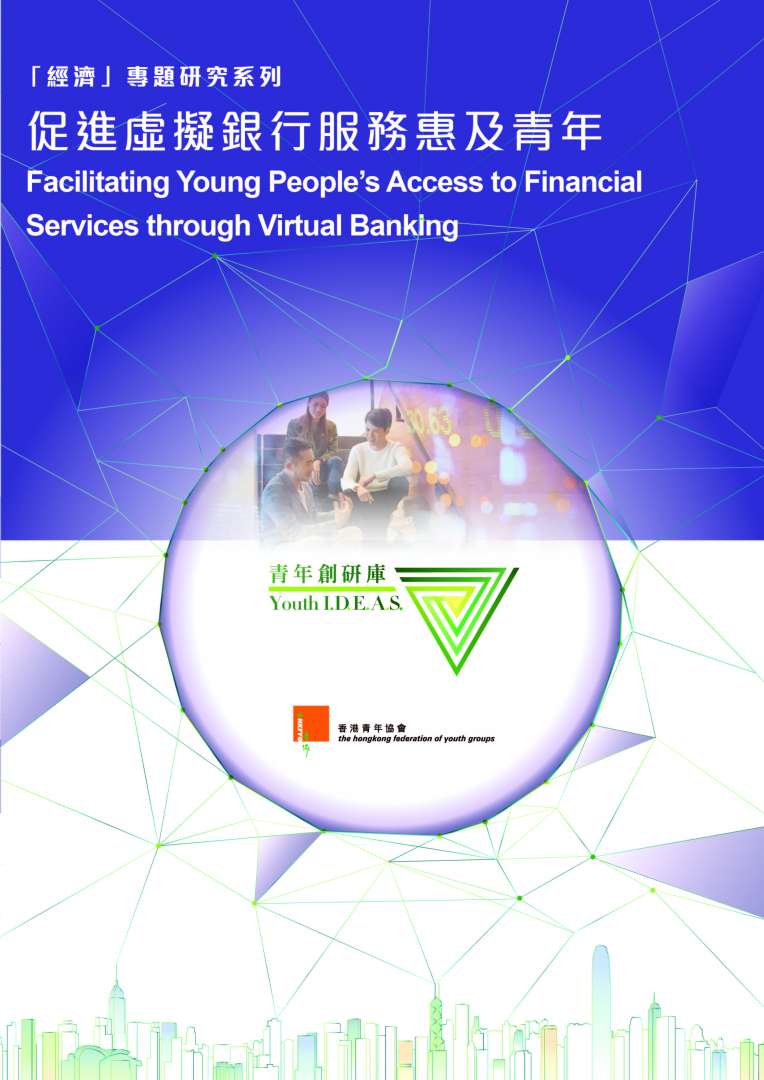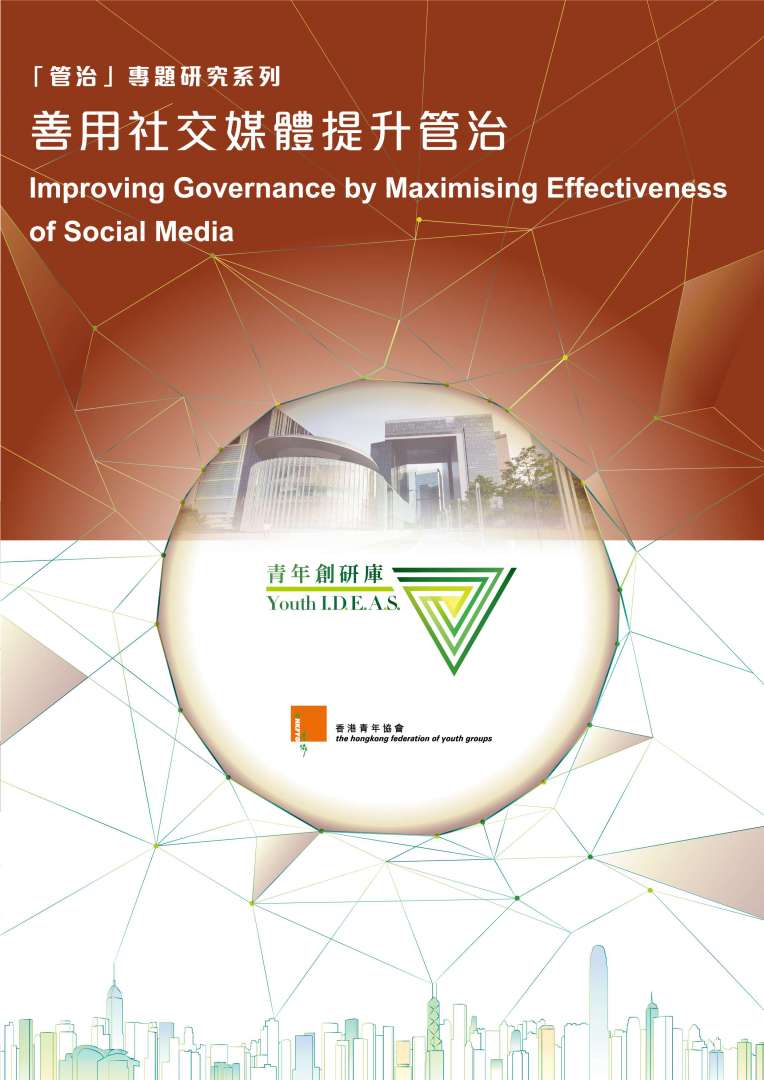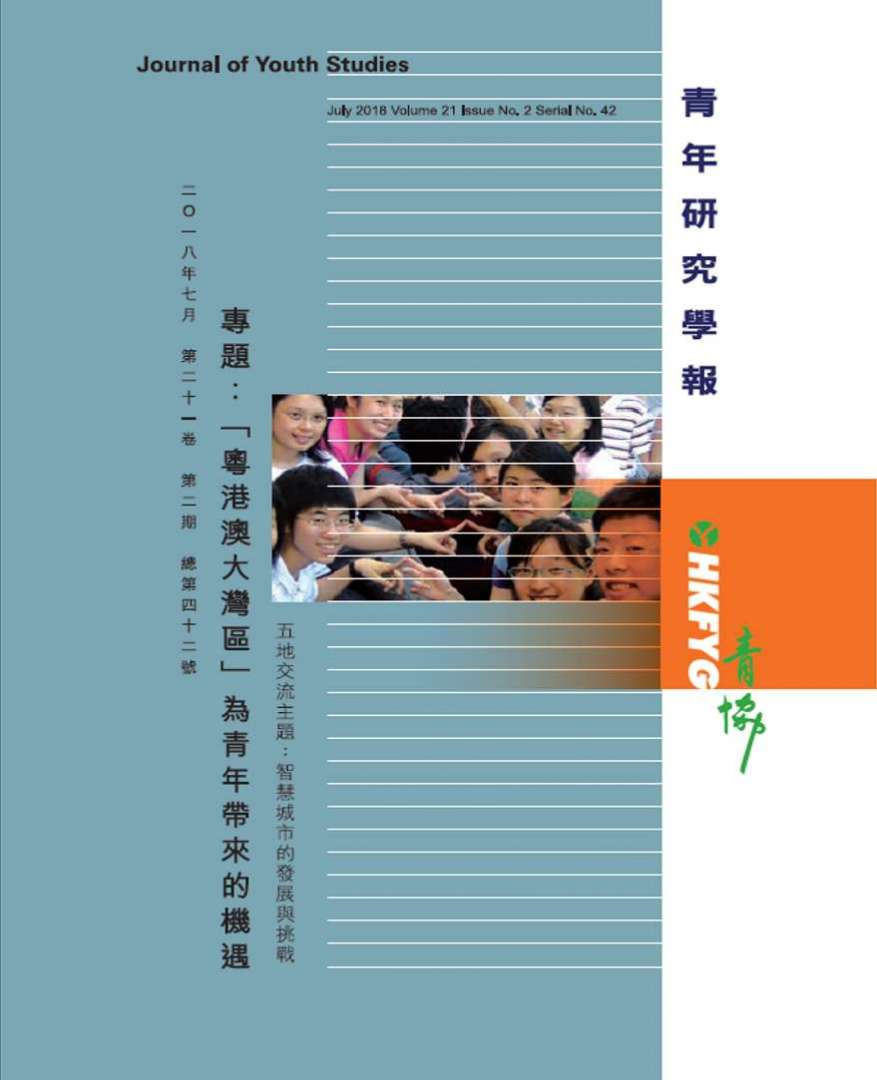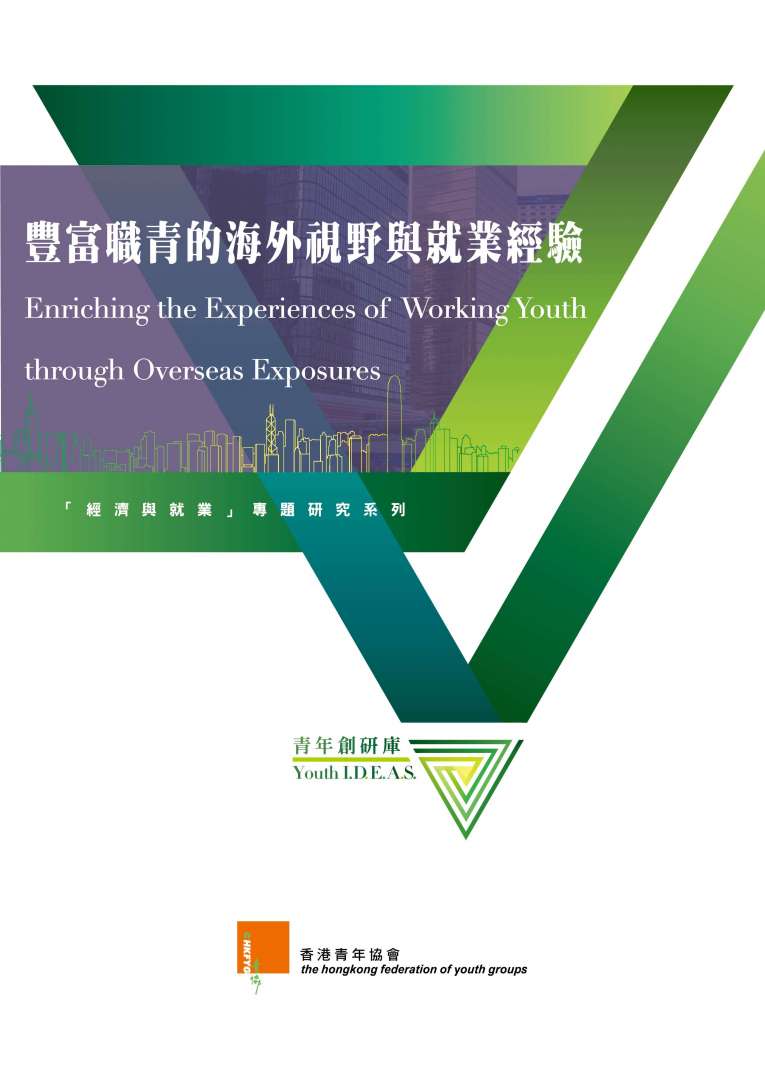- Filter by
- Categories
- Tags
- Authors
- Show all
- All
- Beijing-Shanghai-Guangzhou-Hong Kong Comparative Youth Study Series
- Current Youth Issues - Full Report
- Education and Innovation
- Employment and the Economy
- Journal of Youth Studies - Issue Number
- Latest Events
- Latest News
- Liberal Studies - Research Articles
- Society and Livelihood
- Thematic Issues
- Uncategorized
- Youth Development and Engagement
- youth poll major findings
- Youth Study - Major Findings
- Youth Trends - Year
July 30, 2020
July 30, 2020
Youth I.D.E.A.S. 50 Education Enhancing Support for e-Learning in Schools 30 July, 2020 Hong Kong has been promoting e-Learning for 20 years. With the advancement in technology, focus of e-Learning gradually developed from hardware devices to usage in learning and teaching. By making learning more flexible and interesting, the ultimate aim of e-Learning is to develop students’ self-directed learning abilities , integrating technology into learning and achieve life-long learning[1]. E-learning is an open and flexible learning mode. Learning goals can be achieved by using different electronic tools to develop student-centric learning strategies. The HKSAR Government has […]
Do you like it?
July 3, 2020
July 3, 2020
The Youth I.D.E.A.S. announced its latest report on “Facilitating Young People’s Access to Financial Services through Virtual Banking” The Youth I.D.E.A.S. (established by HKFYG Youth Research Centre) has released its study on “Facilitating Young People’s Access to Financial Services through Virtual Banking”. Data gathered from 525 Hong Kong youth aged 18-39 showed that 73.0% of them have heard about “Virtual Bank”. Most respondents thought that the benefit of virtual banking is “fast” (63.6%), followed by “24-hour service” (35.0%) and “unrestricted by location” (24.6%). However, they did not have enough confidence in virtual banks. Nearly half of them […]
Do you like it?
July 3, 2020
July 3, 2020
Youth I.D.E.A.S. 51 Economic Development Facilitating Young People’s Access to Financial Services through Virtual Banking 3 July 2020 According to a Business Insider research service report, the total value of all the world’s virtual banks equalled USD 18.6 billion in 2018, with 26 million users and 50 million accounts. It is expected that the growth of virtual banks is rapid and the total value will increase to USD 63 billion in 2024, with 98 million users and 187 million accounts[1]. The Hong Kong Monetary Authority published a revised set of guidelines on the authorisation of virtual banks […]
Do you like it?
April 28, 2020
April 28, 2020
The Youth I.D.E.A.S. announced its latest report on “Improving Governance by Maximising Effectiveness of Social Media” The Youth I.D.E.A.S. (established by HKFYG Youth Research Centre) has released its study on “Improving Governance by Maximising Effectiveness of Social Media”. An online survey conducted between February and March, 2020, on 1,028 young people aged 15 – 34 noted that an overwhelming majority (952 respondents) had found the Hong Kong SAR Government (HKSARG) information via social media. Of the 952 respondents, low ratings were given by this group for the performances of the HKSARG on explaining policies, grasping public […]
Do you like it?
April 28, 2020
April 28, 2020
Youth I.D.E.A.S. 49 Governance Improving Governance by Maximising Effectiveness of Social Media 26 April, 2020 In 2019, an estimated 2.8 billion people were using social media worldwide[1]. The three most popular social media platforms were Facebook, YouTube and WhatsApp[2]. In Hong Kong, there are currently 5.8 million active social media users, representing around 78% of the population[3]. It is generally believed that social media provides a tool for governments to disseminate public and policies-related information, as well as to facilitate interaction with citizens. From the perspectives of policy explanation and public connection, using social media effectively […]
Do you like it?
January 6, 2020
January 6, 2020
Journal of Youth Studies July 2018 Volume 21 . Issue No. 2 Serial No. 42 The promulgation of the Outline Development Plan for the Guangdong-Hong Kong-Macao Greater Bay Area signified a new milestone in the development of the Greater Bay Area (GBA). With the advantages under the “one country, two systems” principle of the country, Hong Kong plays a crucial and momentous role in the GBA Development. The young generation of Hong Kong could consider the GBA as an option when they are planning their personal development in future. Nevertheless, as there are three markedly different political, administrative and economic […]
Do you like it?
January 3, 2020
January 3, 2020
Journal of Youth Studies January 2018 Volume 21 . Issue No. 2 Serial No. 42
Do you like it?
October 31, 2019
October 31, 2019
The Youth I.D.E.A.S. announced its latest report on “Enriching the Experiences of Working Youth through Overseas Exposures” The Youth I.D.E.A.S. (established by HKFYG Youth Research Centre) has released its study on “Enriching the Experiences of Working Youth through Overseas Exposures”. Data gathered from 520 Hong Kong working youth aged 18-34 showed that 51.0% of them are interested in overseas short-term employment. Most of them agreed that overseas employment is helpful in developing international perspective (88.3%), improving language ability (82.5%), improving interpersonal communications (80.2%) and enhancing problem-solving ability (80.2%). Some young people who had worked overseas said […]
Do you like it?
October 31, 2019
October 31, 2019
Youth I.D.E.A.S. 47 Employment and Economics Development Enriching the Experiences of Working Youth through Overseas Exposures 31 September, 2019 Hong Kong is a cosmopolitan city that bridges east and west. It is also an international trade and financial centre. According to the Census and Statistics Department, 9,040 businesses with overseas parent companies are located here and employ 493,000 people. These businesses cover major industries such as trade, wholesale, retail, finance, and professional and business services.[1] Staff with overseas experience are needed for the daily operation of these businesses as well as for their future overseas expansion. […]
Do you like it?









